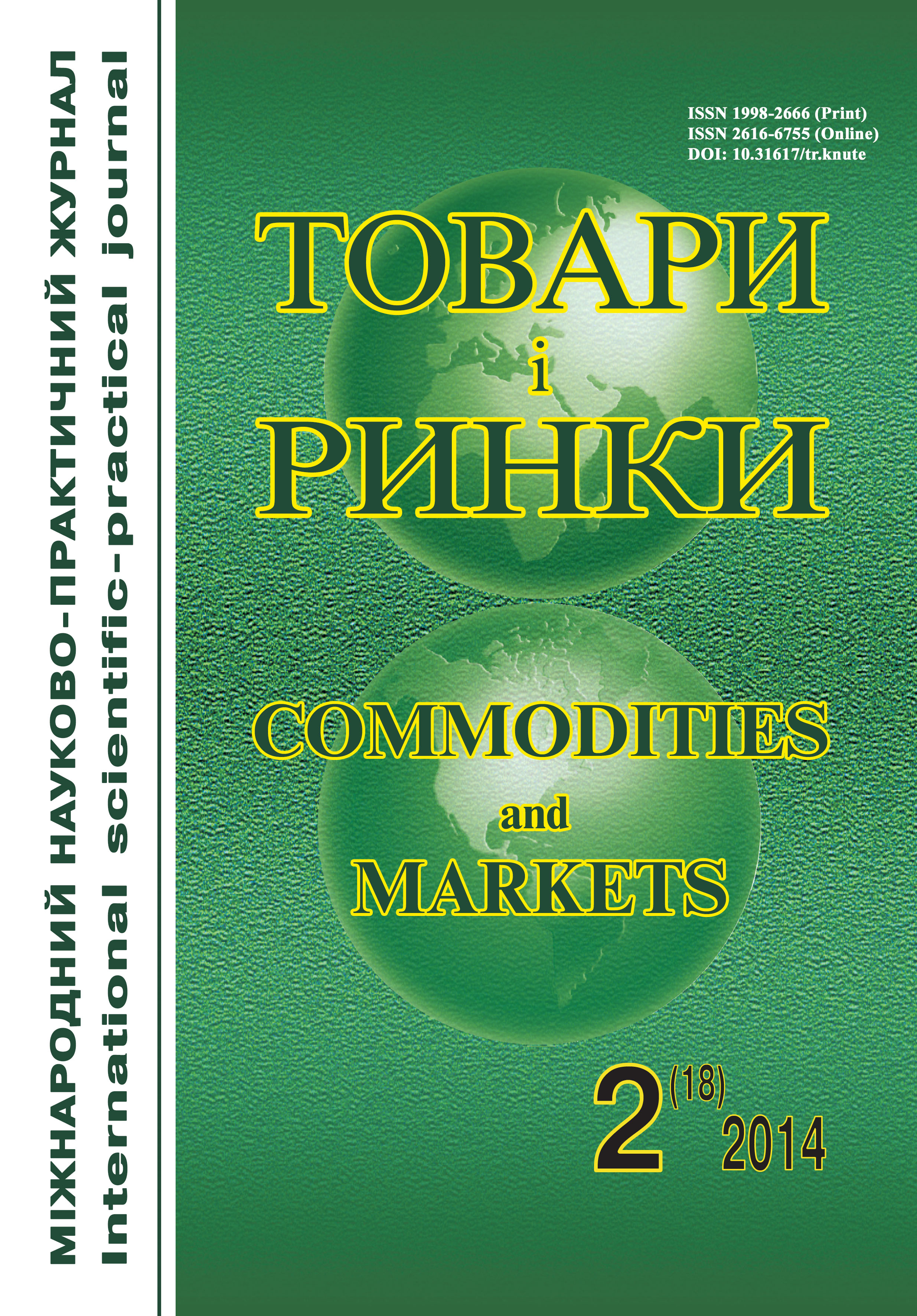Quality management: the path of becoming – a springboard for development
Keywords:
quality, quality communication, total quality management, global quality managementAbstract
Background. Quality is a concept that is difficult to put in a specific time frame. The beginning of human understanding of quality is hidden in a very distant past. In many Western European languages, the word QUALITY is borrowed from the Latin word QUALIS, meaning – what? or what is (the subject, goods, tools, etc.) done from? Although the development of the science and practice of quality management last for a millennium, there is still no uniform definition for all industries and activities appropriate and suitable for most professionals in determining the quality.
The aim of the study is to create new models of the coverage of contemporary quality sciences and knowledge management integration to the system of total quality management.
Material and methods. Methods of scientific literature, logical analysis, benchmarking, interviews with representatives of organizations and entrepreneurs, "cases" and audit of enterprises methodology were used in the paper. Author’s experience in consultancy in the field of total quality management and socially responsible business was used to formulate generalizations.
Results. The following global trends in the modern sciences of quality were analyzed: quality management, qualitology, quonomics, total quality management, global quality management, values of quality, social responsibility, an attractive quality, and organization excellence. On the basis of results of author’s performed systematic researches of quality problems and foreign scholars in the field, author's models of modern coverage studied science as an area of integration of knowledge management into the system of total quality management, and others were constructed.
Conclusion. It was found that the total quality management (TQM) does not always cope with quality in global markets, manufacturing operations and global product supply and promote chains. Therefore, in some areas TQM must give way to a global quality management. Companies must adopt new and link together economic, social and environmental policies, systems and tools. Philosophy and methodology of TQM must be rethought again in accordance with the new context of global transformations, and substantial progress towards GQM.
References
Ruževičius J. Globalizarea oi calitatea / J. Ruževičius // Quality – Access to Success. —
— Vol. 1—2, P. 10—21.
Ruževičius J. Management de la qualité. Notion globale et recherche en la matière / J. Ruževičius. — Vilnius : Maison d’éditions Akademinė leidyba, 2012. — 432 p.
The Global State of Quality Research Overview. Discoveries 2013. — Way of access : http://www.isq.org.il/News_Doc/the-asq-global-state-of-quality-discoveries-2013.pdf.
Ruzhevichjus J. Issledovanie global'nyh problem kachestva / J. Ruzhevichjus // Vіsn. Kiїvs'k. nac. torg.-ekon. un-tu. — 2014. — No 5. — S. 5—14.



